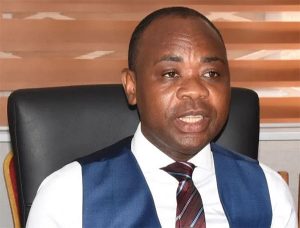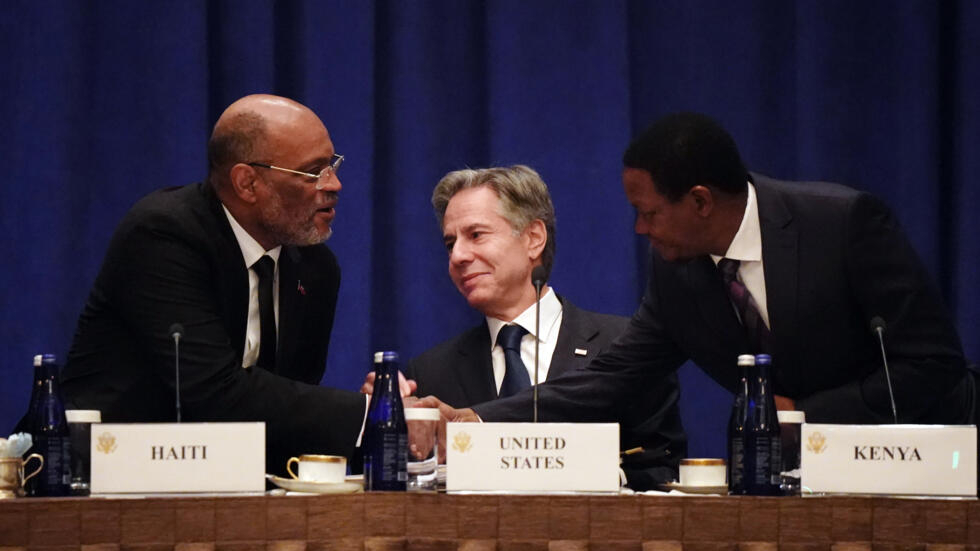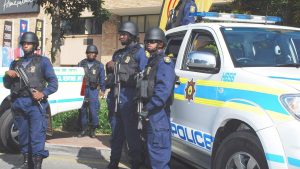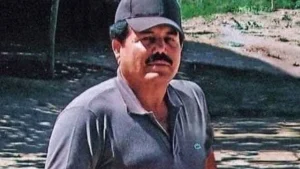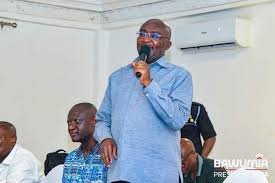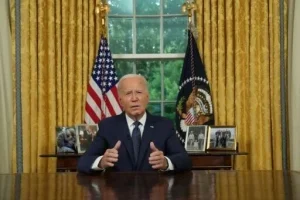The United Nations Security Council has approved a multinational force to assist in Haiti as the Caribbean nation contends with widespread gang violence.
The 15-member council voted overwhelmingly in favour on Monday, with 13 approving a Kenya-led mission to Haiti. The remaining two countries on the council — Russia and China — abstained, citing fears over Haiti’s troubled history with foreign involvement.
Haitian Prime Minister Ariel Henry has repeatedly requested international assistance over the past year as gang violence has skyrocketed, leading to ever-growing insecurity and a spate of vigilante reprisals.
The UN estimates that 5.2 million people, nearly half the population, currently require humanitarian assistance. Gang violence has displaced approximately 200,000 residents and killed 3,000 people this year alone, with 1,500 more kidnapped for ransom.
Just last month, powerful gang leader Jimmy “Barbecue” Chérizier announced he planned to overturn Henry’s government, sparking more fears about stability in the country.
In response to the violence, Monday’s UN resolution authorizes the creation and year-long deployment of a “Multinational Security Support” (MSS) mission to bolster Haitian police, restore security and protect critical infrastructure. The force would be subject to a review after nine months.
Haitian Foreign Minister Jean Victor Geneus applauded Monday’s vote, calling for countries to commit to participating “as quickly as possible”.
Previously, in July, Kenya had volunteered to lead the international force, promising to “deploy a contingent of 1,000 police officers to help train and assist Haitian police”. Jamaica, the Bahamas and Antigua and Barbuda have likewise pledged to offer assistance.
Kenya’s UN Ambassador Martin Kimani welcomed the Security Council’s vote as evidence of an “exemplary spirit of cooperation”.
But the resolution had been a long time coming. Countries like the United States had been reticent to lead such a force.
Even Kenya’s offer to lead the force has attracted backlash. Prominent human rights groups, including Amnesty International, have expressed “deep concern” about Kenya’s “continued unlawful use of force against protestors” within its borders.
Haiti has not held general elections on the federal level since before the assassination of President Jovenel Moise: Its last remaining senators saw their terms expire in January.
